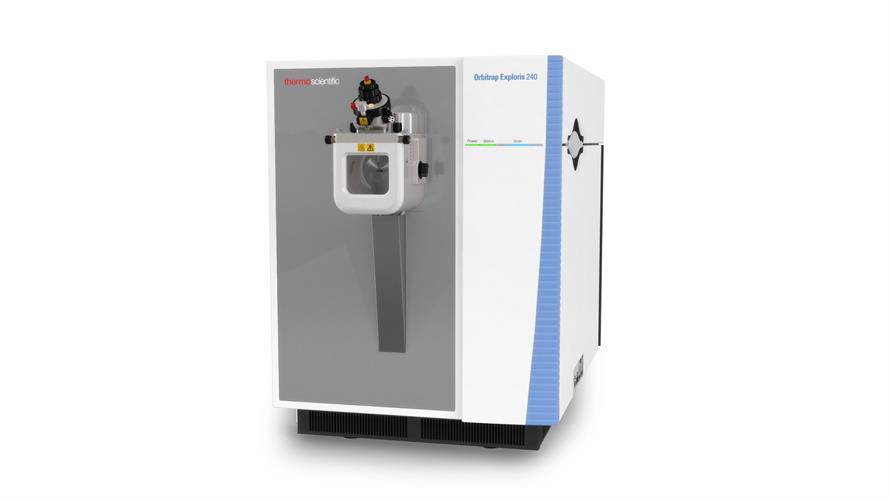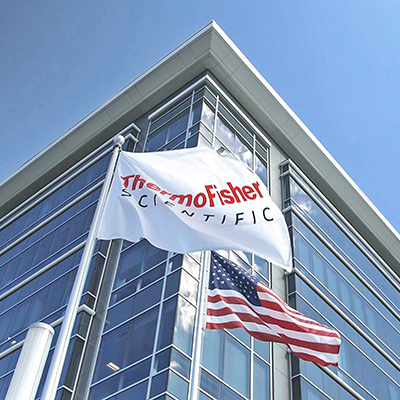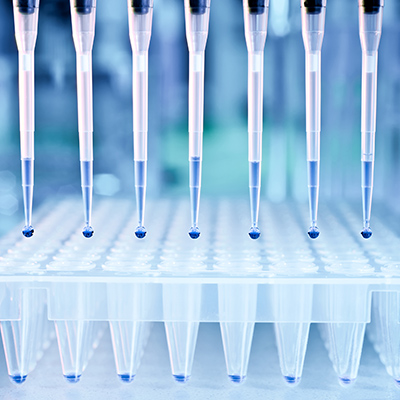May 26, 2020 -- Thermo Fisher Scientific has announced an exclusive license agreement with software firm MSAID for intelligent software that uses deep learning facilitated by a neural network called Prosit. The company also announced that it is continuing an existing collaboration with Biognosys to advance data-independent acquisition (DIA) mass spectrometry-based workflows.
In collaboration with MSAID, Thermo Fisher's new Proteome Discoverer 2.5 software improves protein profiling using label-free or tandem mass tag (TMT)-based quantification. The upgrade provides more accurate quantification and higher throughput data analysis to proteomics scientists. Additional applications of the proteomics analytical software include human leukocyte antigen (HLA) or metaproteomic analysis.

The software tools help deploy Thermo Fisher's SureQuant Targeted Mass Spectrometry Assay kits and custom SureQuant IS-triggered acquisition assays. In combination with Thermo Scientific Orbitrap technology, the new algorithm enables emerging applications, such as immunopeptidomics and metaproteomics, for which traditional database searches and statistical approaches are often ineffective.
Thermo Fisher, together with Biognosys have developed a workflow for flexible label-free protein quantification and proteome profiles in plasma matrices. The simplified workflow uses the Thermo Scientific Orbitrap Exploris 480 mass spectrometer and new Thermo Scientific Orbitrap Exploris 240 mass spectrometer, in combination with the Biognosys PQ500 kit. The PQ500 kit can be used to implement Thermo Fisher's SureQuant Targeted Assay kits.
It provides increased depth of coverage and sensitivity for analysis of blood-derived samples. In addition, the novel field asymmetric ion mobility spectrometry (FAIMS) DIA method, enabled with Thermo Scientific FAIMS Pro interface, fractionates ionized species before analysis by the mass spectrometer, resulting in enhanced selectivity, higher reproducibility and greater proteome coverage in DIA analyses.
Copyright © 2020 scienceboard.net











